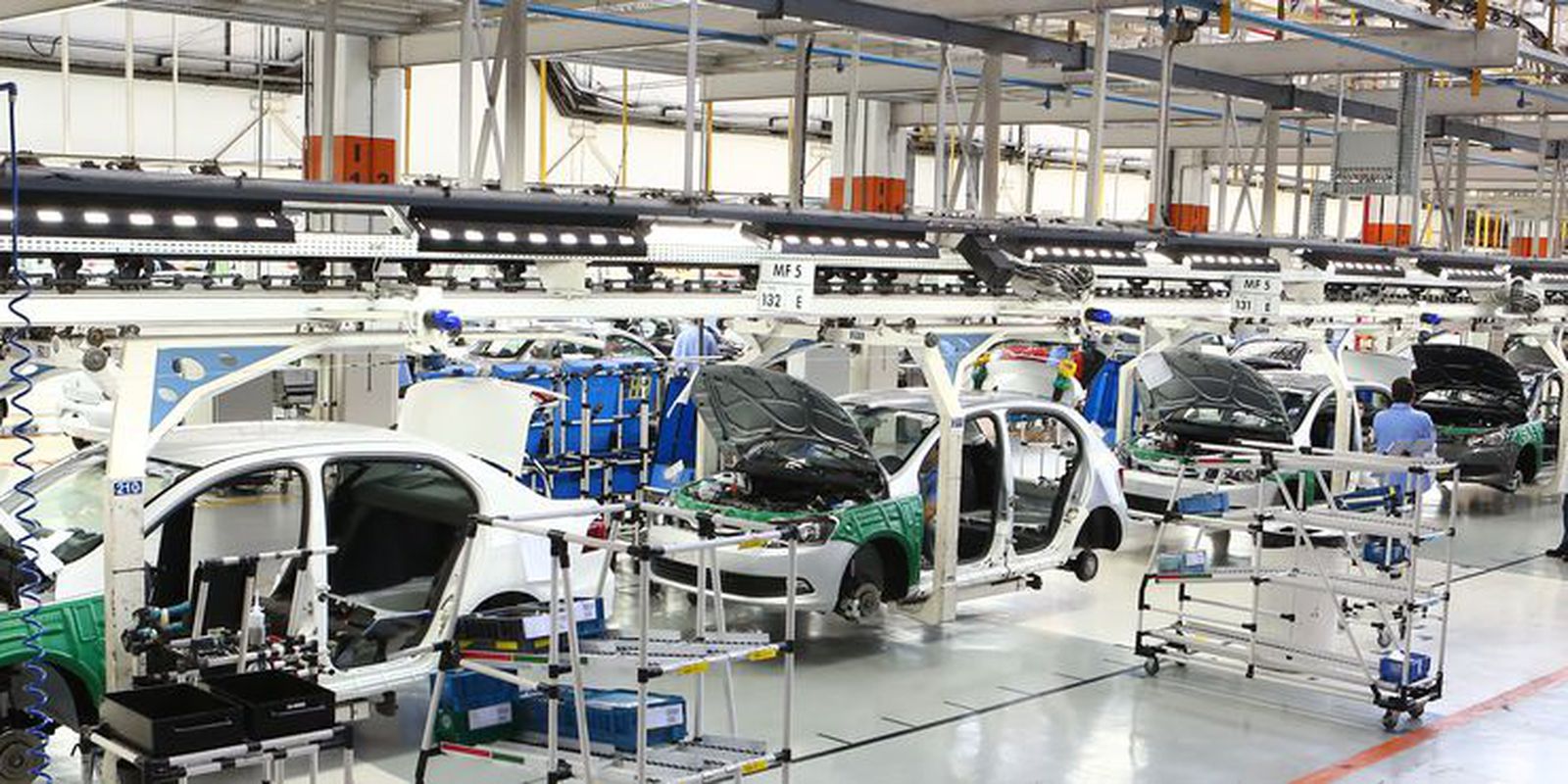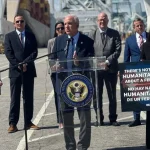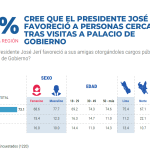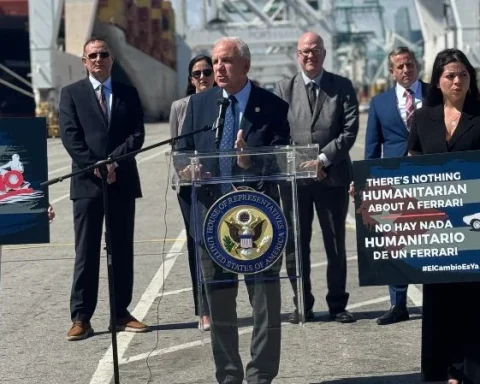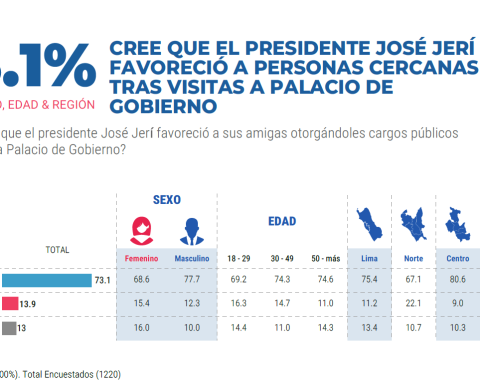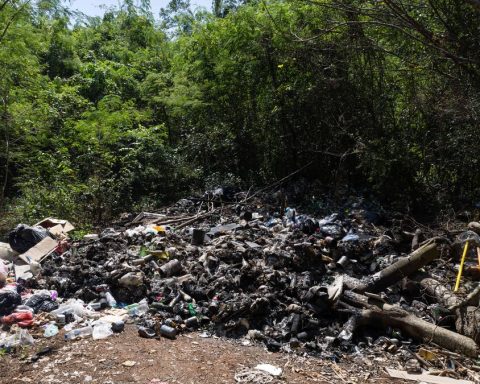Vehicle production fell by 15.8% in February compared to the same month in 2021. According to the balance sheet released today (8), in São Paulo, by the National Association of Automotive Vehicle Manufacturers (Anfavea), they were assembled in February this year 165.9 thousand units. Compared to January, however, the number represents an increase of 14.1%.
New vehicle sales in February also fell by 22.8% compared to the same month last year. 129,300 units were licensed in the second month of 2022.
According to the president of Anfavea, Luis Carlos Moraes, at the beginning of the year the industry is still going through the difficulties that brought problems last year. “The number is in line with what we imagined, facing challenges for the [variante] Ômicron and also due to the lack of components”, he justified.
cars and trucks
The production of automobiles and light vehicles fell by 16.9% in February compared to the same month of 2021, with the production of 152,600 units. Category sales showed a 24% retraction compared to February last year, with the sale of 120,400 units.
Truck manufacturing fell by 3.5% in February compared to the same month in 2022, with production of 11,400 units. Sales, however, rose by 2.1%, with the sale of 7,900 units.
exports and employment
Exports rose 25.4% in February compared to the same month in 2021, with the sale of 41,400 units abroad. According to Moraes, part of the increase in the month is due to cargo that could not be shipped in January and could only go to their destinations the following month. In January and February in relation to the first two months of 2021, the result is still up 17.3%, with the export of 69,100 vehicles.
The number of jobs in industry in February is 3.2% lower than in the same month last year, with 101,300 people employed.
Ukraine
Moraes evaluated that it is still difficult to estimate the impacts of the war in Ukraine on the Brazilian automobile industry. “It’s too early to put figures that the impact of the war may have on Brazil or the automotive sector,” he pointed out.
However, he listed some risks that the armed conflict brings to markets such as rising commodity prices and increasing shortages of semiconductors produced by Ukraine and Russia, important producers of palladium and neon gas. In addition, according to Moraes, war can inflate the value of air and sea freight.
IPI impact
Anfavea’s forecast is that the reduction in the rates of the Tax on Industrialized Products (IPI), announced by the federal government at the end of last month, may reduce the final price of some categories of vehicles between 1.7% and 4.1%.
